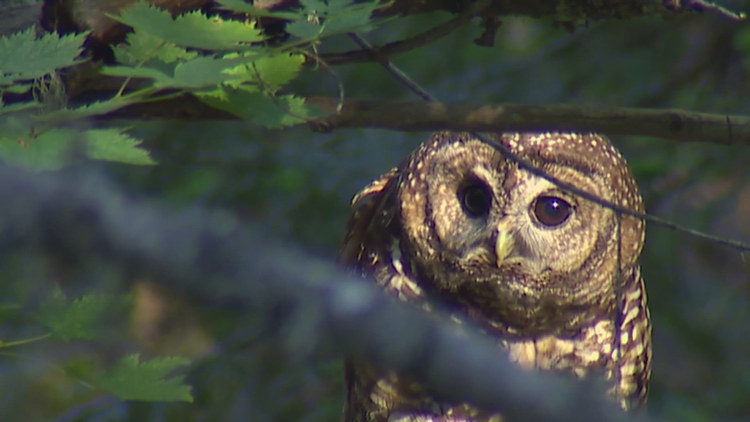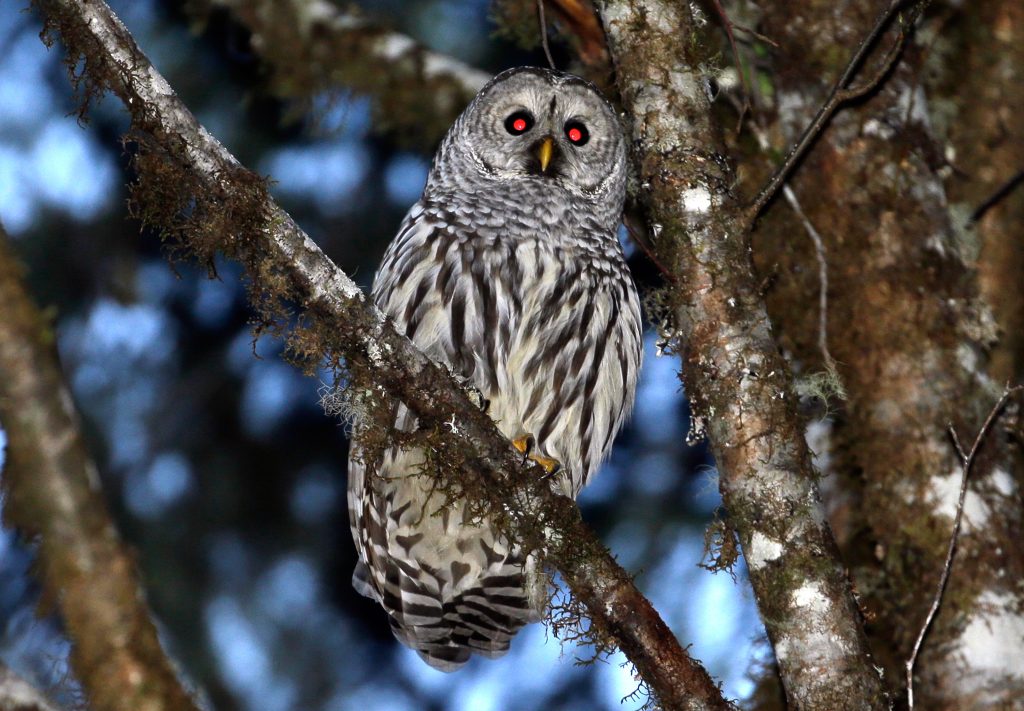The United States Senate recently rejected a resolution aimed at blocking a controversial federal plan to cull up to 450,000 barred owl across the Pacific Northwest. The purpose of the cull is to protect the threatened northern spotted owl, which has been steadily losing ground due to habitat destruction and competition from the larger, more aggressive barred owl. The vote ended at 25 in favour of the resolution versus 72 against it, marking a significant defeat for those opposing the cull.
Why the Cull Is Being Proposed
The barred owl is native to eastern North America but has expanded westward in recent decades, encroaching upon the historic range of the northern spotted owl. These invaders are more adaptable, have a broader diet and are better suited to surviving in altered forest landscapes, which is causing spotted owl populations to decline even more quickly. To safeguard the spotted owl — listed as threatened — federal officials argue a large‑scale reduction of barred owls is necessary.

Lawmakers and the Controversy
Among the more vocal opponents of the plan was John Kennedy, the Republican senator from Louisiana. He introduced a resolution under the Congressional Review Act in an attempt to overturn the policy, arguing that the government was “playing God” with nature by ordering mass killings of a species simply to favour another. He said that barred owls “are just doing what nature teaches them to do.”Despite his efforts, the resolution failed decisively in the Senate.
Ethical and Practical Concerns
The plan has sparked intense debate. Supporters claim that without decisive action the spotted owl may face extinction, which would be a loss of an iconic species tied to old‑growth forest ecosystems. Opponents — including animal‑welfare groups and some conservationists — argue that the plan is ethically troubling, costly, and may open the door to unprecedented government intervention in wildlife at this scale. They worry about the biological morality of killing hundreds of thousands of animals to save another, and about the potential for collateral impacts on other species.
Stakeholders and Alliances
Interestingly, the policy has drawn unexpected alliances. Some timber industry interests, concerned about restrictions tied to spotted owl habitat protections, have supported the cull plan on grounds that managing barred owls could unlock more logging access. Meanwhile, rights groups, conservative lawmakers and wildlife advocates opposing the plan have teamed up in an unusual coalition. Kennedy himself criticized the Interior Department and federal wildlife officials for their role in formulating the plan.
What Happens Next?
With the Senate vote behind it, the plan moves forward, but significant challenges remain. The implementation will span decades, involve large federal expenditures, and likely face legal challenges from groups opposed to the killing of so many wildlife animals. Monitoring, oversight and ecological assessment will be crucial. For those concerned about the spotted owl’s fate, the vote represents a temporary relief — but the larger battle over how we intervene in nature is very much ongoing.

A Window Into Modern Conservation Dilemmas
This case is emblematic of the difficult choices faced in contemporary environmental policy: when human‑caused changes upset ecological balances, how far should we go to intervene? Should one species be sacrificed to save another? And who decides the value of each? The barred owl–spotted owl dynamic pulls in science, ethics, economics and politics, highlighting how modern conservation isn’t just about protecting nature — it’s also about choosing which parts of nature we intervene in and which we accept. This debate will continue long after the vote.

















